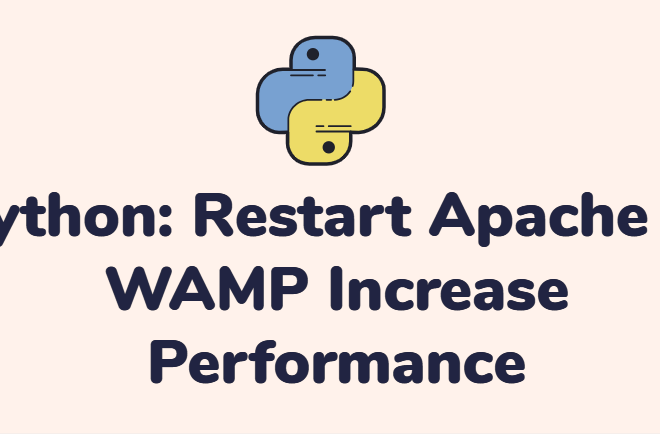Linux
Linux is your Robust Operating System
Linux, often dubbed the “open-source marvel,” is more than just an operating system; it’s a dynamic ecosystem of possibilities. Let’s embark on a journey through exploring its strengths and applications.
First, let’s establish a solid foundation. Linux commands are your gateway to mastering this OS. With practical examples, we’ll navigate the environment, making you proficient in essential commands.
Exploring Linux Distros
It offers an array of distributions (distros), each with its own strengths. Dive into the variant that suits your needs, whether it’s the user-friendly Ubuntu or the robust CentOS.
For businesses and developers, servers are a cornerstone. Learn the art of server administration, from security practices to performance optimization. Elevate your server management skills.
Fortify Your Secure System
Security is paramount in the digital age. Discover the best practices for securing your system. Explore firewalls, user permissions, and encryption to keep your data safe.
Linux for Developers
For developer’s paradise. Explore the coding and development tools it offers. From Python to C++, it empowers developers to create and innovate.
Choosing Your OS: Linux vs. Windows
Are you torn between Linux and Windows? We’ll compare both operating systems in terms of features, performance, and use cases, helping you make an informed choice.
In conclusion, it’s a universe of opportunities waiting to be explored. Master its commands, and choose it as your development and server environment. With robust security and hosting options, It has all the tools you need for a successful digital journey.
How to Leverage Browser Caching via .htaccess
Leveraging browser caching through the .htaccess file is an effective way to improve website performance by instructing the user’s browser to cache static resources. This reduces the number of requests made to the server, as the browser can retrieve cached files instead. To leverage browser caching, follow these steps: Open your preferred text editor and […]
Python: Restart Apache or WAMP Increase Performance
There are a few different ways to programmatically restart Apache or WAMP depending on your operating system and programming language. Here are a few typical methods: Command Line (Restart Apache) If you are using WAMP on a Windows system, you can use the net command to restart the Apache service. You can do this programmatically […]
Power full way to Restart Apache2 server in Ubuntu
Restarting the Apache2 server is a regular procedure when operating an Ubuntu web server that could be required following updates or configuration changes. This tutorial will show you how to use the systemctl or service command to restart the Apache2 server on Ubuntu. Using systemctl to Restart Apache2 For Ubuntu 16.04 and later, use the […]


